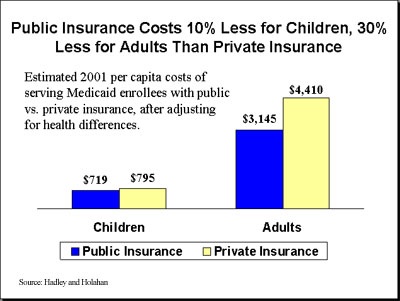- Community
-
Programs
- Schools
-
Careers
- RN Specialties
- Best RN Jobs and Salaries
- Aesthetic Nurse
- Nursing Informatics
- Nurse Case Manager
- NICU Nurse
- Forensic Nurse
- Labor and Delivery Nurse
- Psychiatric Nurse
- Pediatric Nurse
- Travel Nurse
- Telemetry Nurse
- Dermatology Nurse
- Nurse Practitioner
- Best NP Jobs and Salaries
- Family NP (FNP)
- Pediatric NP
- Neonatal NP
- Oncology NP
- Acute Care NP
- Aesthetic NP
- Women's Health NP
- Adult-Gerontology NP
- Orthopedic NP
- Emergency NP
- Psychiatric-Mental Health NP (PMHNP)
- APRN
- Nurse Educator
- Nurse Administrator
- Certified Nurse Midwife (CNM)
- Clinical Nurse Specialist (CNS)
- Certified Registered Nurse Anesthetist (CRNA)
- Resources
- Education





herring_RN, ASN, BSN
3,651 Posts
Those 10 Excellent reasons are:
1. It's good for our health.
2. It costs less and saves money.
3. It will assure high quality health care for all Americans, rich or poor.
4. It's the best choice - morally and economically.
5. It may be a matter of life or death.
6. It will let will let doctors and nurses focus on patients, not paperwork.
7. It will reduce health care disparities.
8. It will eliminate medical debet.
9. It will be good for labor and business.
10. It's what most Americans want - and we can make it happen.
http://www.dailykos.com/story/2008/12/18/18314/045/529/674753